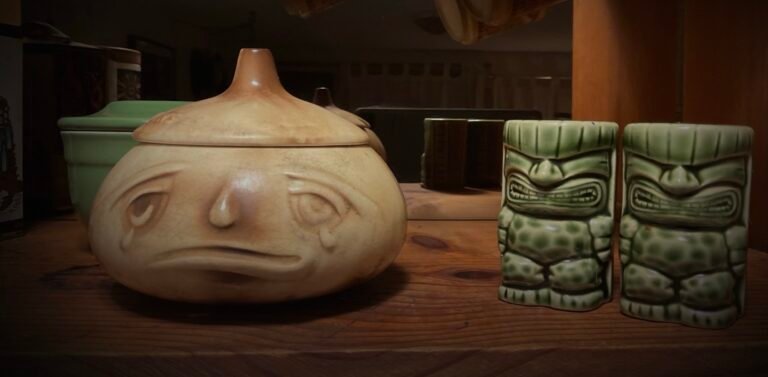Dion Fortune’s Applied Magic #2
“My experience with many esoteric scientists is this – they make a sort of intellectual study of it, but they do not apply it to practical problems.”
Dion Fortune – Applied Magic
Today’s reading also brought up some of the fundamental questions I have been asking myself lately about the purpose of magic.
This chapter focuses on the practical application of what Fortune calls ‘occultism’. I am going to refer to it as ‘magic’. Fortune wrote Applied Magic sometime in the early 20th century, roughly 100 years ago. I think the word ‘occult’ broadly means something different today than it did in the 1920s – though the dictionary definition is probably the same, its connotations have shifted from arcane to creepy. Fortune uses it in the sense of ‘hidden knowledge’.

She points out that many who study the esoteric sciences study for theory but do not practice magic. I haven’t done a formal poll or study, but it seems to me that contemporary witches are interested in magic from the perspective of folklore, but there is reticence to believe that magic is possible. In the polarized social-media driven world we inhabit today, science and empiricism are prized more than ever. (more on social media as mass enchantment in my next post on Fortune’s ideas on ‘group-mind’.)
To most people today magic means ‘magical thinking’ and belongs in the same category as fake news, superstition, or fantasy. It is where cause and effect breakdown, as most people would put the effects of magic down to coincidence. Yet, as science and the study of consciousness progresses, there are more and more people who believe that we do create our own realities. If we take the standard definition of magic as the ability to change consciousness at will, then magic becomes about creating our own realities.
Fortune compares the spectrum of practicing magic to being a gymnast. The practicing magician will be able to perform exquisite magic like a skilled gymnast performs acrobatics, but the training of a gymnast will still promote health, strength, and flexibility in those that engage in less rigorous practice.

According to Fortune adept, or advanced practitioners of magic will gain a mastery of their physical reality, but a novice will still gain an deeper sense of self awareness, knowledge, and self-control.
If we can shape our own realities, I want to live in a world where magic is possible, and or course a world without so much war and greed. The next chapter of Fortune’s book is on group mind, and that I think is the way to shift reality for all of us.



